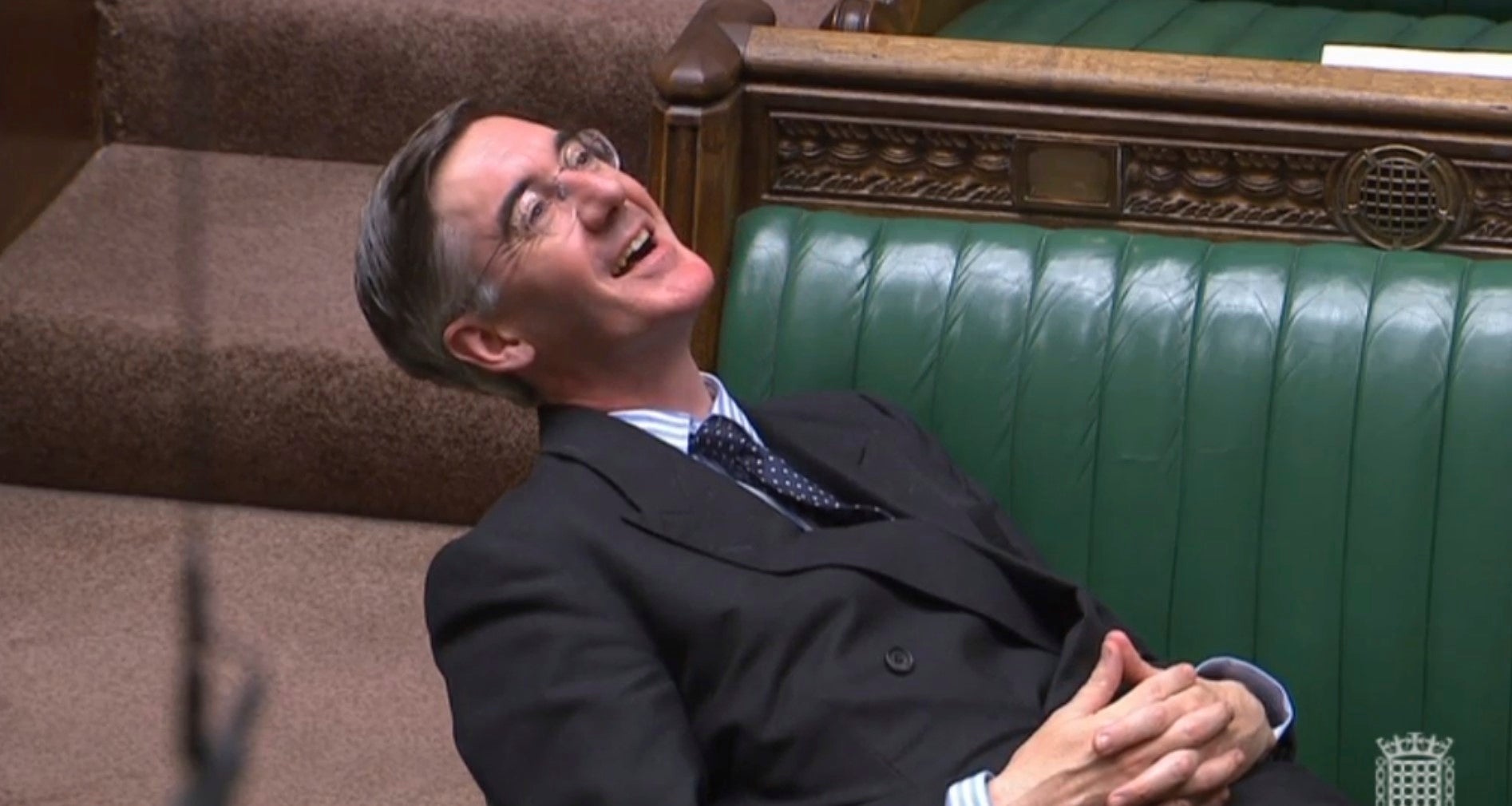All the highlights from a momentous, ridiculous week in UK politics
This past week in the UK parliament has been a momentous one. MPs have taken control of the parliamentary timetable, the Conservative government has lost its working majority, and prime minister Boris Johnson is now required to ask the EU for a Brexit delay until Jan. 31.


This past week in the UK parliament has been a momentous one. MPs have taken control of the parliamentary timetable, the Conservative government has lost its working majority, and prime minister Boris Johnson is now required to ask the EU for a Brexit delay until Jan. 31.
In a country with such lively political theater, these events have generated a number of memorable moments that capture the fraught—and complicated—nature of Brexit.
One of the first such moments was when, during Johnson’s first Prime Minister’s Questions since parliament resumed from summer recess on Sept. 3, MP Phillip Lee crossed the floor as he spoke and defected from the Conservatives to the pro-EU centrist party the Liberal Democrats. Johnson “wished his honorable friend all the best.”
On various occasions throughout the night, Johnson’s predecessor Theresa May could be seen smiling. Johnson had played a lead role in the campaign to Leave in 2016, and was one of her most vocal Conservative critics. Still, she would not join the ranks of the party rebels.
Later in the evening, Labour MP Anna Turley lashed out on Twitter at the leader of the House, Jacob Rees-Mogg, for what many called his disrespectful body language during a parliamentary session.
Images of Rees-Mogg, who flaunts his wealth, posh education, and patrician style, drew a flurry of memes. They ranged from likening him to cartoon characters, historical oil paintings, and more.
Green Party MP Caroline Lucas later called Rees-Mogg’s body language “contemptuous.” As she spoke, a chorus of MPs could be heard telling Rees-Mogg to “sit up.”
Yesterday, Johnson referred to opposition leader Jeremy Corbyn by his name—which breaks parliament’s rules of referring to lawmakers as “the honorable friend” or “the honorable member.” But it might have been needed to deliver one of the more unusual zingers in recent UK parliamentary history—calling Corbyn a “chlorinated chicken.”
The curiosities continued into yesterday evening. Though the Brexit delay bill cleared the House, with rebel Conservative MPs recently booted from the party voting against the government in an embarrassing defeat, it must now clear the UK’s upper legislative chamber. Conservative members of the Lords tabled more than 100 amendments to slow down and block its passage there.
Some peers in the Lords, across parties, packed duvets for a session that was expected to run overnight and possibly into the weekend.
Though it’s been over three years since Britons voted to depart the EU in June 2016, there could finally be some clarity—via an election or second referendum—on how to finally wrap it up. If this week’s events are anything to go by, the drama—both the bickering and the delightful sort—is just getting started.